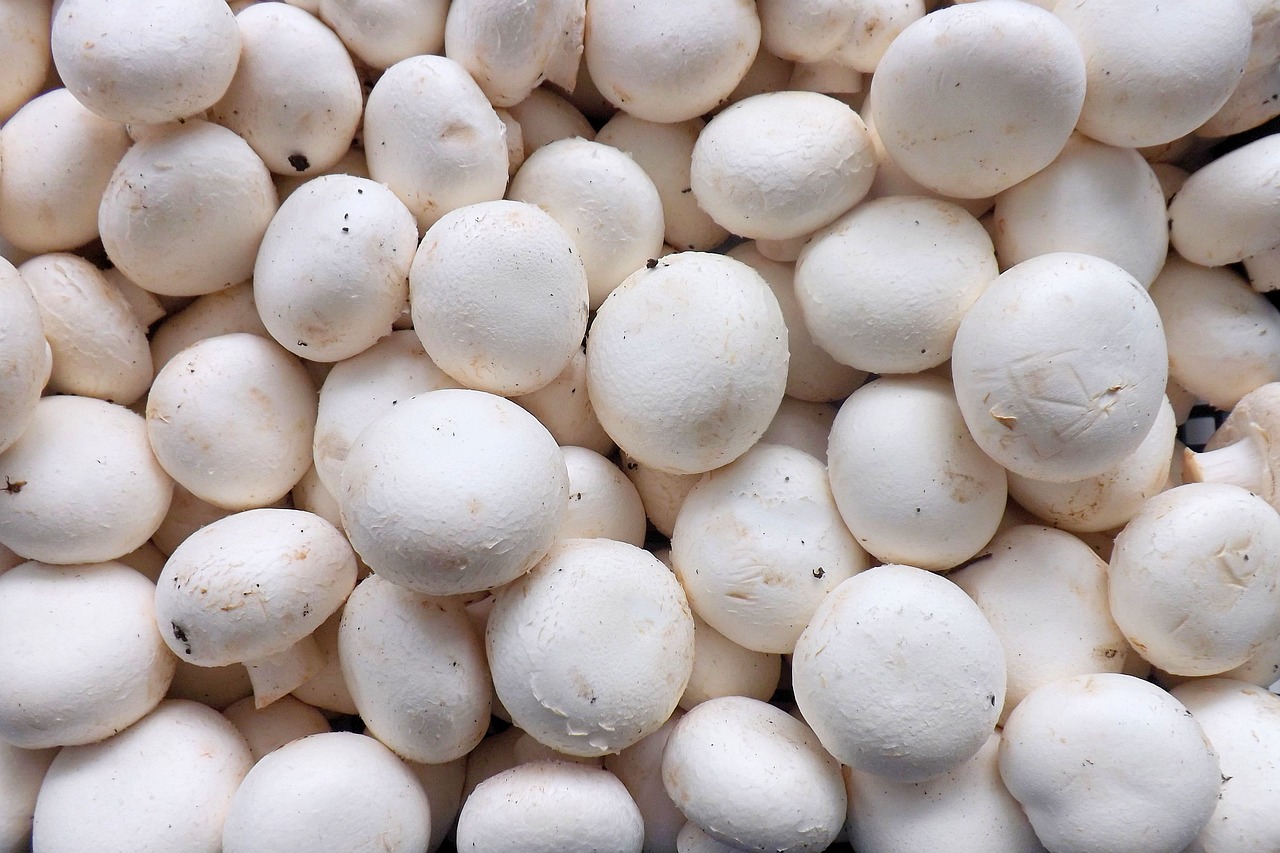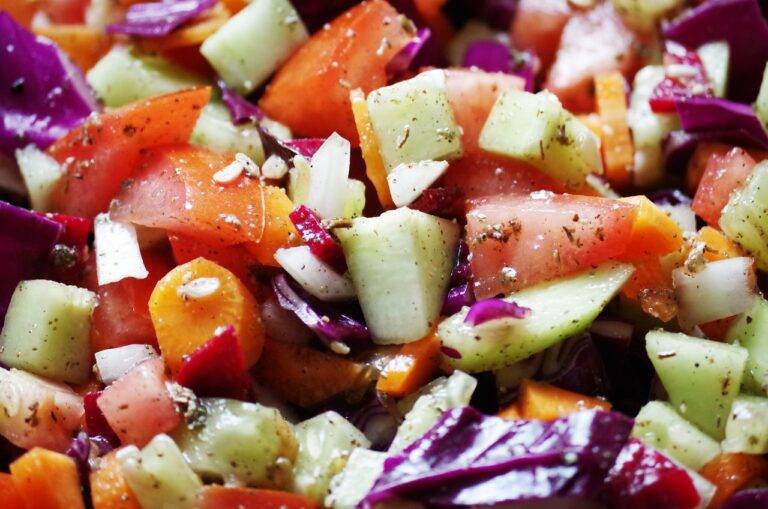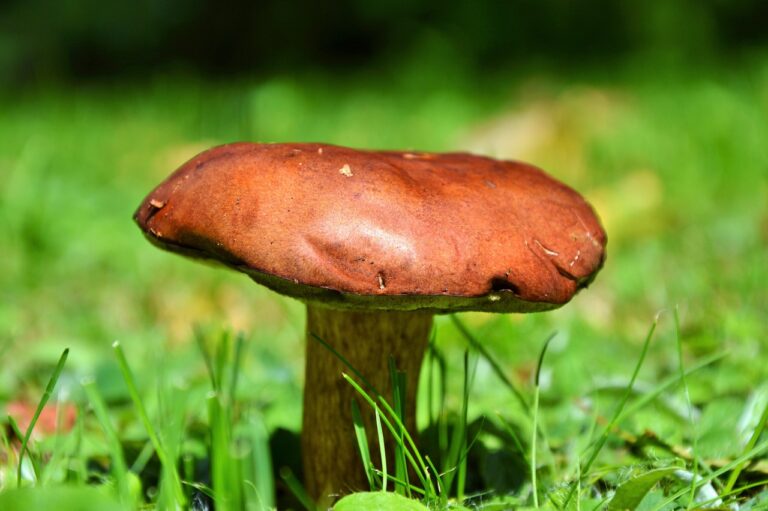Investigating the link between fruit pulp consumption and cognitive health: Cricbet 99, Sky1exchange.con, Reddy anna online book number
cricbet 99, sky1exchange.con, reddy anna online book number: Investigating the link between fruit pulp consumption and cognitive health
Hey there, health enthusiasts! Today, we’re delving into an intriguing topic that concerns our cognitive well-being – the connection between fruit pulp consumption and cognitive health. We all know that fruits are a crucial component of a balanced diet, but could their pulp hold the key to enhancing our brain function? Let’s explore this fascinating subject in more detail.
Understanding the importance of fruit pulp
When we think about fruits, we often focus on their delicious taste, vibrant colors, and essential vitamins and minerals. However, the pulp of fruits – the juicy, fibrous part that surrounds the seeds – also plays a significant role in their nutritional value. Fruit pulp contains a wealth of beneficial compounds, including antioxidants, fiber, and phytochemicals, which have been linked to various health benefits.
The link between fruit pulp and cognitive health
Recent studies have suggested that the consumption of fruit pulp may have a positive impact on cognitive health. Researchers believe that the unique combination of nutrients and bioactive compounds found in fruit pulp could help protect brain cells from damage, reduce inflammation, and improve cognitive function.
One study conducted by the University of Barcelona found that individuals who consumed higher amounts of fruit pulp demonstrated better cognitive performance in memory and learning tasks. The researchers attributed these benefits to the antioxidants and polyphenols present in fruit pulp, which are known to have neuroprotective effects.
Another study published in the Journal of Nutrition reported a similar association between fruit pulp consumption and cognitive health. The researchers found that participants who consumed a diet rich in fruits with high pulp content had lower rates of cognitive decline compared to those with a lower intake.
Overall, the emerging evidence suggests that incorporating more fruit pulp into your diet could help support cognitive health and potentially reduce the risk of cognitive decline as we age.
Ways to increase your intake of fruit pulp
So, how can you make sure you’re getting enough fruit pulp in your diet? Here are some simple tips to help you boost your consumption:
1. Eat whole fruits instead of juices: Whole fruits, such as apples, pears, and berries, contain the highest amount of fruit pulp. Opt for whole fruits rather than fruit juices to maximize your intake of beneficial pulp.
2. Include fruits in your meals and snacks: Incorporate fruits into your meals and snacks throughout the day. Add sliced fruit to your breakfast cereal, yogurt, or salads, and enjoy fresh fruit as a healthy snack.
3. Try fruit purees and smoothies: Blend fruits into purees or smoothies to retain their pulp content. You can mix different fruits together to create delicious and nutritious beverages.
4. Use fruit pulp in cooking: Consider using fruit pulp in cooking and baking recipes. For example, you can add mashed bananas or applesauce to muffins and bread for added moisture and flavor.
FAQs:
Q: Are there any fruits that are particularly high in pulp content?
A: Yes, some fruits are naturally higher in pulp content than others. Fruits like apples, pears, citrus fruits, and berries are good choices if you’re looking to increase your intake of fruit pulp.
Q: Can fruit pulp consumption benefit children’s cognitive health?
A: While more research is needed on the specific effects of fruit pulp consumption on children’s cognitive health, incorporating a variety of fruits into their diet can provide essential nutrients and support overall brain development.
Q: Is there a recommended daily amount of fruit pulp to consume?
A: There is no specific recommendation for fruit pulp intake, as it varies depending on individual dietary needs. However, aim to include a variety of fruits with high pulp content in your diet regularly for optimal health benefits.
In conclusion, the link between fruit pulp consumption and cognitive health is an exciting area of research that warrants further exploration. By making a conscious effort to include more fruit pulp in your diet, you may be able to support your brain health and cognitive function in the long run. So, go ahead and savor those juicy fruits – your brain will thank you for it!







